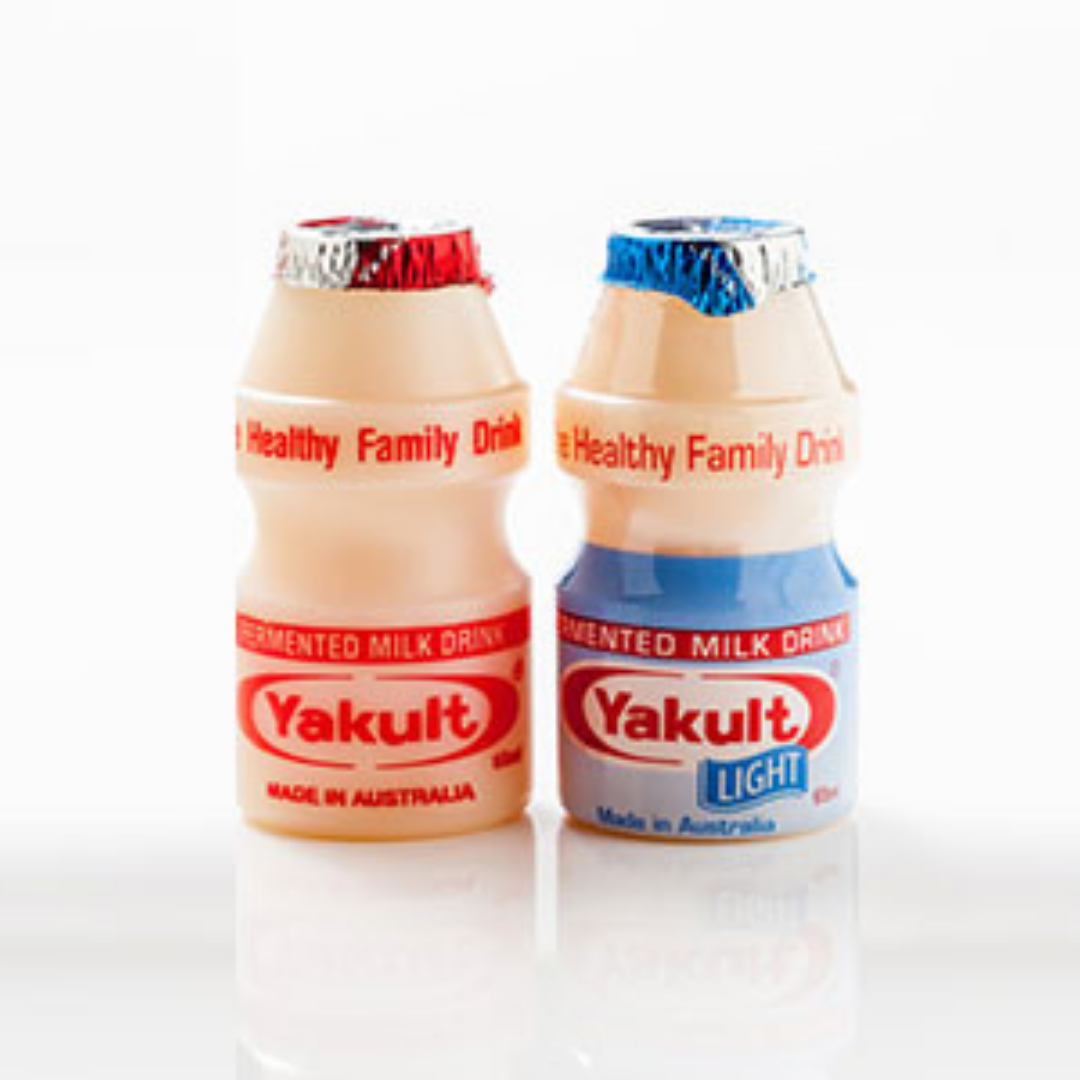Nutrition News- Lactose Intolerance

Food intolerances are becoming increasingly common – up to 1 in every 4 Australians believes they have some type of food intolerance!
Food intolerances can cause symptoms that can be very unpleasant and severe; however they are generally not life-threatening.
Lactose intolerance is one of the most common food intolerances, and is caused by a shortage of the enzyme lactase, which breaks down lactose; ensuring lactose is absorbed properly into the bloodstream from the small intestine.
Without sufficient lactase enzyme, lactose passes through to the large intestine, where natural bacteria ferment the lactose and produce acids and gas, which can cause abdominal plain, bloating or diarrhoea.
Lactose is a naturally-occurring sugar in certain types of milk, including cows and human milk.
Dairy foods don’t need to be completely removed from the diet of a person who is lactose-intolerant, as people can generally still tolerate some lactose without symptoms. The amount of lactose tolerated varies however generally 12 grams of lactose can be tolerated over a day (equal to 1 cup of milk).
Dairy products are rich in calcium (essential for bone health), so it’s important to include them in the diet where possible. Hard cheeses contain very little lactose, and yoghurt and probiotic drinks are generally better-tolerated, as they contain bacteria that can help to consume the lactose present. If choosing plant-based milk drinks such as soy milk, ensure it is fortified with calcium.
Each 65ml bottle of Yakult contains only 1 gram of lactose, so is usually well-tolerated by people with lactose intolerance.
If you’re concerned you may be lactose intolerant, there is a simple medical test that can determine if you are. It’s important not to self-diagnose lactose intolerance, as other medical conditions could cause similar symptoms.
Rachael Thompson
Yakult Dietitian APD
